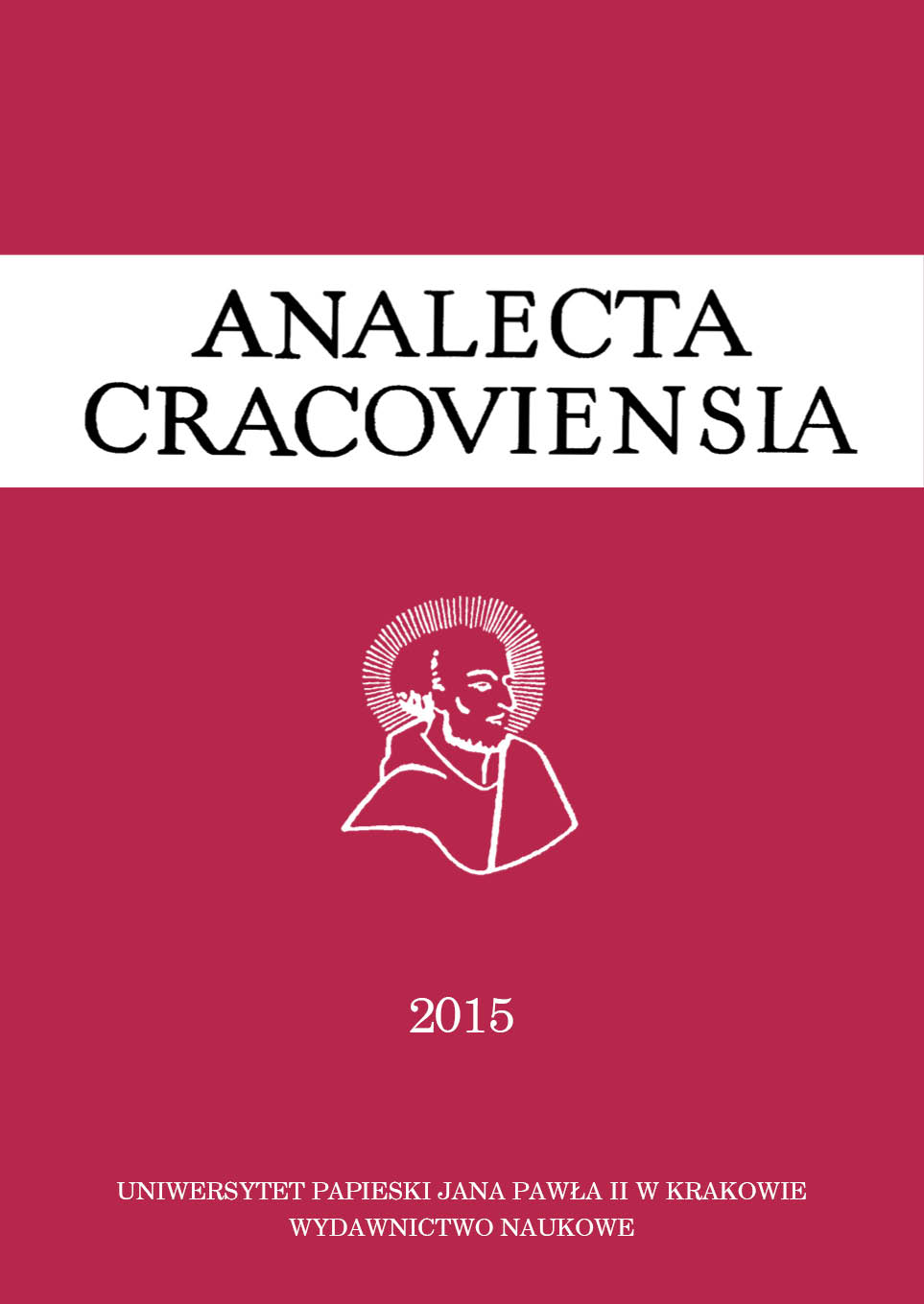The cognitive sciences and their method: a physicist’s perspective
DOI:
https://doi.org/10.15633/acr.1753Abstract
The contemporary research in neurobiology heavily rests on the application of complex experimental techniques. The primary aim is to determine the neuronal correlates of various mental phenomena such as abstract thinking, consciousness, free will etc. The application of the contemporary research in neurobiology to understand the nature and the function of the brain is currently having a strong impact on the classical philosophical discourse carried out in area of the philosophy of mind. In this article, a short analysis of one of the most widely used techniques in the neurobiological research is presented, namely, the functional magnetic resonance imaging (fMRI). The particular emphasis is to point out to the conceptual difficulties that arise between the language used at the experimental level (spins, molecules) and how this language might acquire its meaning to eventually refer to the mental phenomena represented by appropriate neuronal structures revealed in the experiment. The apparent disunity will be most likely remedied as a more unified theory relating mental phenomena to the specificity of the most fundamental level of the physical reality becomes available.References
Bechtel W., Aligning multiple research techniques in cognitive neuroscience: why is important?, „Philosophy of Science” 69 (2002) no. S3, p. S48–S58.
Brożek B., Philosophy in neuroscience, [in:] Philosophy in science. Methods and applications, ed. B. Brożek, J. Mączka, W. P. Grygiel, Kraków 2011, p. 163–182.
Butterfield J., Isham C., Spacetime and the philosophical challenge of quantum gravity, [in:] Physics meets philosophy at the planck scale, ed. C. Callender, N. Huggett, Cambridge, MA 2001, p. 33–89.
Chalmers D., What is a neural correlate of consciousness?, [in:] Neural correlates of consciousness. Empirical and conceptual questions, ed. T. Metzinger, Cambridge, MA 2000, p. 17–39.
Churchland P. S., Brain-wise. Studies in neurophilosophy, Cambridge, MA 2002.
Cosmides L., Tooby J., Beyond intuition and instinct blindness. Toward an evolutionarily rigorous cognitive science, “Cognition” 1994 no. 50, p. 41–77.
Damasio A., Descartes’ error. Emotion, reason, and the human brain, New York 1994.
Davies B., Some recent articles about platonism, “EMS Newsletter” 2009 no. 64, p. 24–27.
Grygiel W. P., Metodologiczne aspekty uprawiania filozofii umysłu w kontekście nauk kognitywnych, [in:] Oblicza racjonalności. Wokół myśli Michała Hellera, red. B. Brożek, J. Mączka, W. P. Grygiel, M. L. Hohol, Kraków 2011, p. 51–62.
Handbook of functional neuroimaging of cognition, ed. R. Cabeza, A. Kingstones, Cambridge, MA 2006.
Heller M., How is philosophy in science possibile?, [in:] Philosophy in science. Methods and applications, ed. B. Brożek, J. Mączka, W. P. Grygiel, Kraków 2011, p. 13–24.
Huettel S. A., Song A. W., McCarthy G., Functional magnetic resonance imaging, Sunderland, MA 2009.
Keeler J., Understanding NMR spectroscopy, Chichester 2005.
Kurek Ł., Neurofilozofia jako filozofia w kontekście nauki, [in:] Oblicza racjonalności. Wokół myśli Michała Hellera, red. B. Brożek, J. Mączka, W. P. Grygiel, M. L. Hohol, Kraków 2011, p. 63–82.
Maurer A. A., Medieval philosophy, Toronto 1982.
Mumford D., Why I am a platonist, “EMS Newsletter” 2008 no. 70, p. 27–30.
Ogawa S., Lee T. M., Kay A. K., Tank D. W., Brain magnetic resonance imaging with contrast dependent on blood oxygenation, “Proceedings of the National Academy of Sciences (USA)” 1990 no. 87, p. 9868–9872.
Penrose R., The large, the small and the human mind, Cambridge, MA 1997.
Penrose R., The road to reality, New York 2005.
Quine W.V.O., On what there is, ”Review of Metaphysics” 1948, vol. 2, no. 5, pp. 21–38.
The MIT encyclopedia of the cognitive sciences, ed. R. A. Wilson, F. C. Keil, Cambridge, MA 1999.
Wigner E. P., The unreasonable effectiveness of mathematics in the natural sciences, “Communications on Pure and Applied Mathematics” 1960 no. 13, p. 1–14.
Załuski W., Pojęcie osoby w świetle nauk biologicznych, [in:] Oblicza racjonalności. Wokół myśli Michała Hellera, red. B. Brożek, J. Mączka, W. P. Grygiel, M. L. Hohol, Kraków 2011, p. 83–98.
Downloads
Published
Issue
Section
License
Copyright (c) 2016 Wojciech P. Grygiel

This work is licensed under a Creative Commons Attribution 4.0 International License.
Authors who publish with this journal agree to the following terms:
- Authors retain the copyright and full publishing rights without restrictions, and grant the journal right of first publication with the work simultaneously licensed under a Creative Commons Attribution 4.0 International License that allows others to share the work with an acknowledgement of the work's authorship and initial publication in this journal.
- Authors are able to enter into separate, additional contractual arrangements for the non-exclusive distribution of the journal's published version of the work (e.g., post it to an institutional repository or publish it in a book), with an acknowledgement of its initial publication in this journal.
- Authors are permitted and encouraged to post their work online (e.g., in institutional repositories or on their website) prior to and during the submission process, as it can lead to productive exchanges, as well as earlier and greater citation of published work (See The Effect of Open Access).

